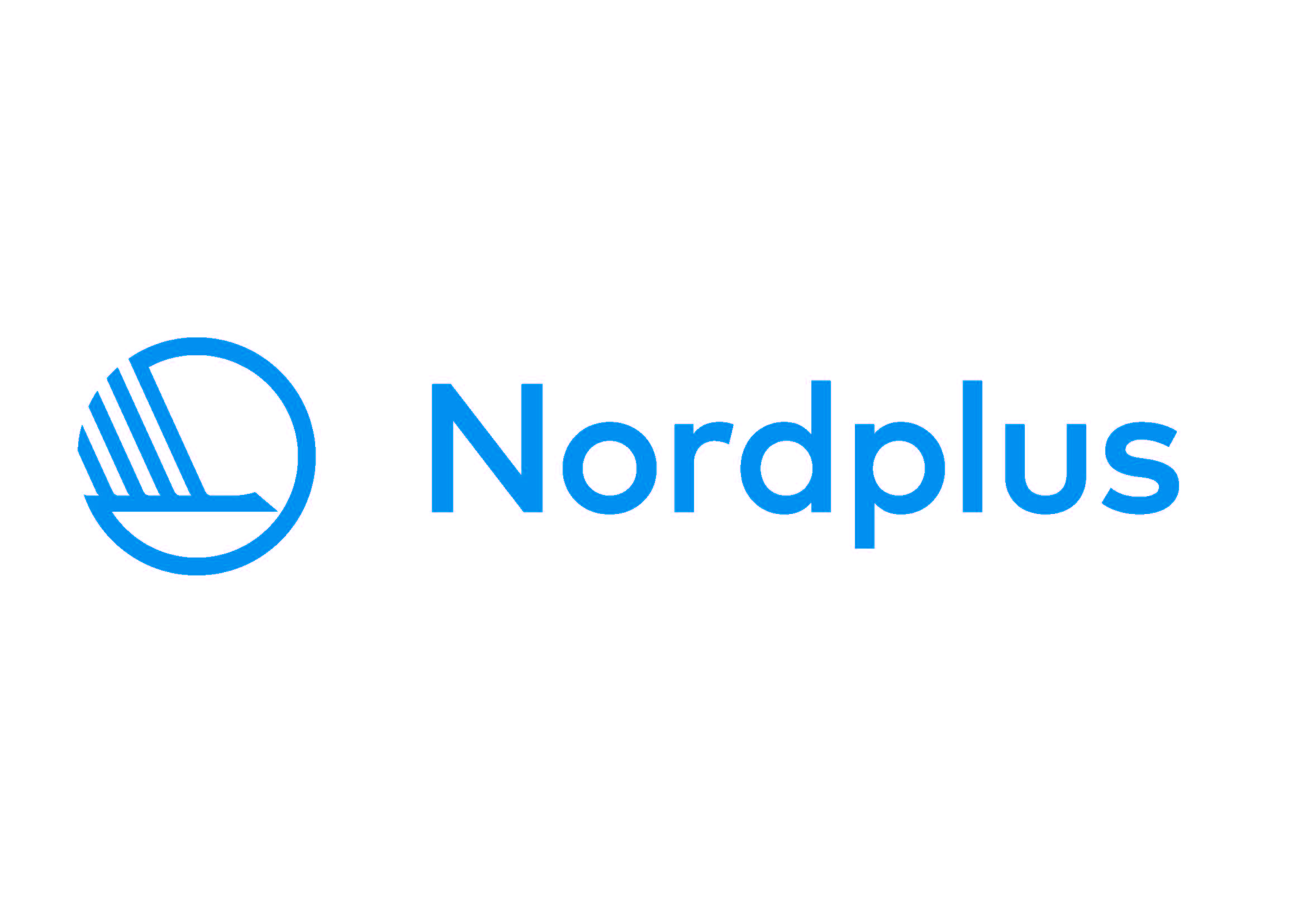Teaching period: Week 39, Monday September 24th – Friday September 28th (travel days excluded)
Supervisor: Guðbjörg R. Jóhannesdóttir. Teachers: Alexander Grahm Roberts, Thomas Edouard Pausz, Hildur Bjarnadóttir, Einar Torfi Einarsson. Guests: Rosie Heinrich, Áki Ásgeirsson and Marteinn Sindri Jónsson.
ECTS: 2
Number of available place for KUNO students: 2
Level: MA
Requirement: students applying for the course should be master level students
Application deadline: Monday September 10th, 2018
How to apply: To apply please send an artist statement outlining your current artistic practice to include how and why your artwork would benefit from taking part in this workshop. The statement, between 400 and 500 words, should be written in English and saved as a pdf – a link to website would be beneficial.
-Applications should be emailed before the end of the September 10th to: hildurusa@lhi.is
Course description:
Dealing is a cross-dsiciplinary course held every fall for all MA1 students in the Iceland University of the Arts. The theme of Dealing this year is the body and its role in our knowing and being in the world. We will explore how the body is a source of meaning and how it plays a fundamental role in thinking, writing and creating. We will explore the body through different philosophical and artistic lenses and focus specifically on the relations between human, animal and plant bodies as well as the relation between the body and technology. The bodily feeling of being in and resonating with the world will be explored both through reflection and experience, with the aim of turning our focus from examining the body and its relation to the world from the outside to examining the body from the inside.
Teaching methoods:
presentations, walking / talking, group assignments, reflections and discussions. The course will take place in the IUA and the surrounding area.
Learning outcoms, at the end of the course students should:
· have obtained a comprehensive view of the historical and conceptual trajectory of the seminars subject matter,
· be able to reflect critically on the various socio-political aspects of the subject matter, both in its historical and contemporary context,
· be able to situate themselves as students within a broader socio-political context of the subject matter and be able to articulate verbally and in written form their own critical understanding and view on the subject,
· be able to apply their imagination and creativity to the subject matter and ask relevant questions,
· be able to contribute to and lead cross-disciplinary discussions.


